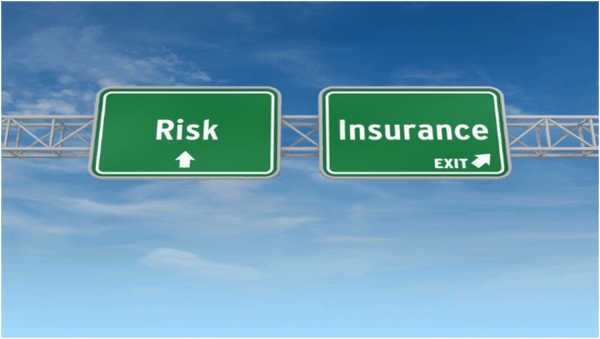An uninsured motorist claim is when you’ve been hit by a car which is uninsured. According to NAIC, National Association of Insurance Commissioners, it is estimated that 13 % of motorists are not insured. That means, one out of every eight drivers you share the road with are without insurance and coverage for car accidents and related injuries they may or may not cause.
As a driver, you may opt-in for such coverage, and protect yourself from complications further down the line. In some states, it is required to be covered.
If you’ve been in an accident with an uninsured motorist, but you are insured, there are a few things you must know when filing an uninsured motorist claim.

Understanding If Your State Is ‘no Fault’ or ‘tort’:
In some states, they go by a no-fault policy. This means that even if there is an accident, the question of who is at fault doesn’t really matter. However, it is still important to have uninsured motorist insurance coverage, because even if you are in a no-fault state, a simple claim will not cover all your needs.
In other states, car insurance providers will go after the motorist who is at-fault. This is known as a tort case, which, in most cases, ends in a lawsuit. These cases are more complicated, because depending on your level of coverage, you may not be covered for everything, and since the uninsured driver may not be able to cover most of the costs out-of-pocket for his or her damage, you may have to. Uninsured drivers tend to not have any money. Attempting to sue them may be a waste of your time.
It’s important to have as much coverage for uninsured motorist insurance as you can afford. One in every eight motorists is an alarming number of uninsured drivers sharing a road with you.
Depending on where you live, if your state is no-fault” or tort state, the following may apply.
Bodily Injury and Property Damage:
There are two types of insurance under uninsured motorist coverage.
- Bodily Injury: A bodily injury claim is when the accident resulted in an injury that required hospitalization. This claim will cover doctor and hospital bills.
- Property Damage: A property damage claim will cover damage to your vehicle in the form of repairs and court costs.
In order to reap the benefits of these claims, you must be covered under your insurance provider. Please note, in some states, these coverages are not optional and are required by law.
How Long You Have to File a Claim
First, you should report the accident with the police within 24 hours of the incident. In some states, such as California, this timeline is required. The timeline is meant to help officials and providers weed out false or exaggerated claims.
Next, contact your insurance provider to open up a claim right after you contact the police, and as soon as you discover the other motorist is without insurance.
It is important for you to open the claim as quickly as possible so the insurance company can start gathering evidence in your favor. Also, evidence and paperwork is less likely to get lost if the claim is opened soon after the accident.
It can take up to a month or some cases, longer for an insurance provider to discover the magnitude and need for the insurance claim. They will shuffle through the evidence you will provide them, such as your vehicle repairs, your medical bills and the extent of your injuries, and analyze any witness testimony. In some cases, a lawsuit can be filed, and these can last many years.
Many factors will determine the duration of the lawsuit; the current contract you hold with your car insurance provider, state laws, the provider’s regulations, and the extent of your injuries.
Change of Insurance Rates:
Making an Uninsured Motorist Claim will not raise your rates with your insurance provider, unless the provider deems you unsafe. Many insured motorists involved in such an accident will not make the claim, for fear their premiums will rise. Unless you are deemed a risk by your insurance provider, your rates should not rise.
An example of being deemed a risk is if you stake this claim too often. This will raise red flags to your provider, and they will look further into the matter, and possibly deem you a risk.
Far too many people are driving without insurance, and if you are involved in an accident with one of them, you will have trouble getting reimbursed for the damages to your vehicle, medical bills, lost wages, and pain and suffering. When applying for car insurance, make sure your policy covers uninsured motorists claims.
For further inquiries about these claims, your state’s insurance laws, and your insurance provider’s regulations, consult your provider.
 Gearfuse Technology, Science, Culture & More
Gearfuse Technology, Science, Culture & More


